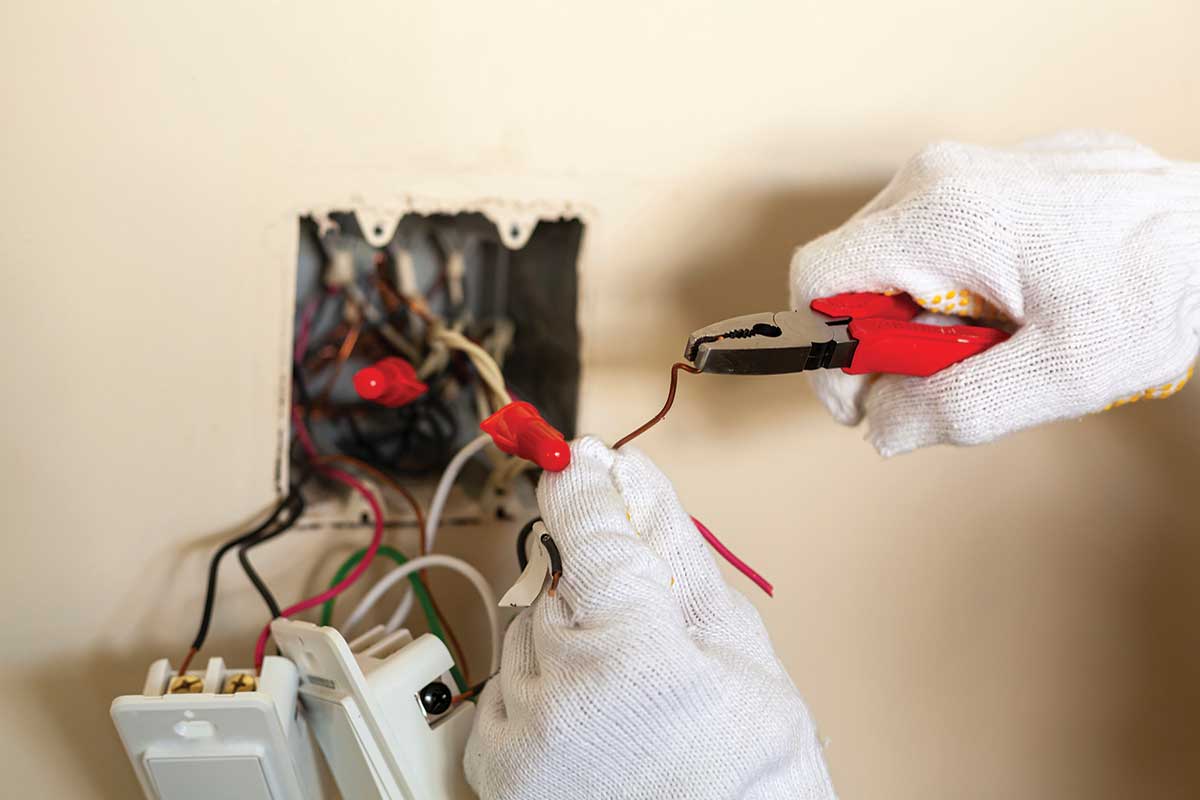With folks spending more time at home, more and more homeowners have been inspired to tackle do-it-yourself projects.
Before you dive in, you should know that thousands of people in the U.S. are critically injured and killed as a result of electrical fires, accidents or electrocution in their own homes every year, according to Electrical Safety Foundation International.
Data from the U.S. Consumer Product Safety Commission show that there are nearly 400 electrocutions in the U.S. each year. About 15% of electrocutions are related to consumer products. Wiring hazards accounted for about 14% of those deaths.
Additionally, an estimated 360,900 residential building fires are reported to U.S. fire departments each year, and they caused an estimated 2,495 deaths, 13,250 injuries and $7 billion in property losses. The leading cause of the largest fires was electrical malfunction.
Homeowners taking on DIY projects are especially at risk when they do not have the training or experience needed to safely perform home electrical work. Working with electricity requires planning and extreme care to prevent injury, death and dangers down the road.
ESFI and your electric cooperative recommend hiring a qualified, licensed electrician to perform any electrical work in your home. However, if you do decide to do it yourself, consider the following safety tips:
- Make an effort to learn about your home’s electrical system so that you can safely navigate and maintain it.
- Never attempt a project that is beyond your skill level. Knowing when to call a professional may help prevent electrical fires, injuries and fatalities.
- Always turn off the power to the circuit that you plan to work on by switching off the circuit breaker in the main service panel.
- Be sure to unplug any lamp or appliance before working on it.
- Test wires before you touch them to make sure that the power has been turned off.
- Never touch plumbing or gas pipes when performing a do-it-yourself electrical project.


